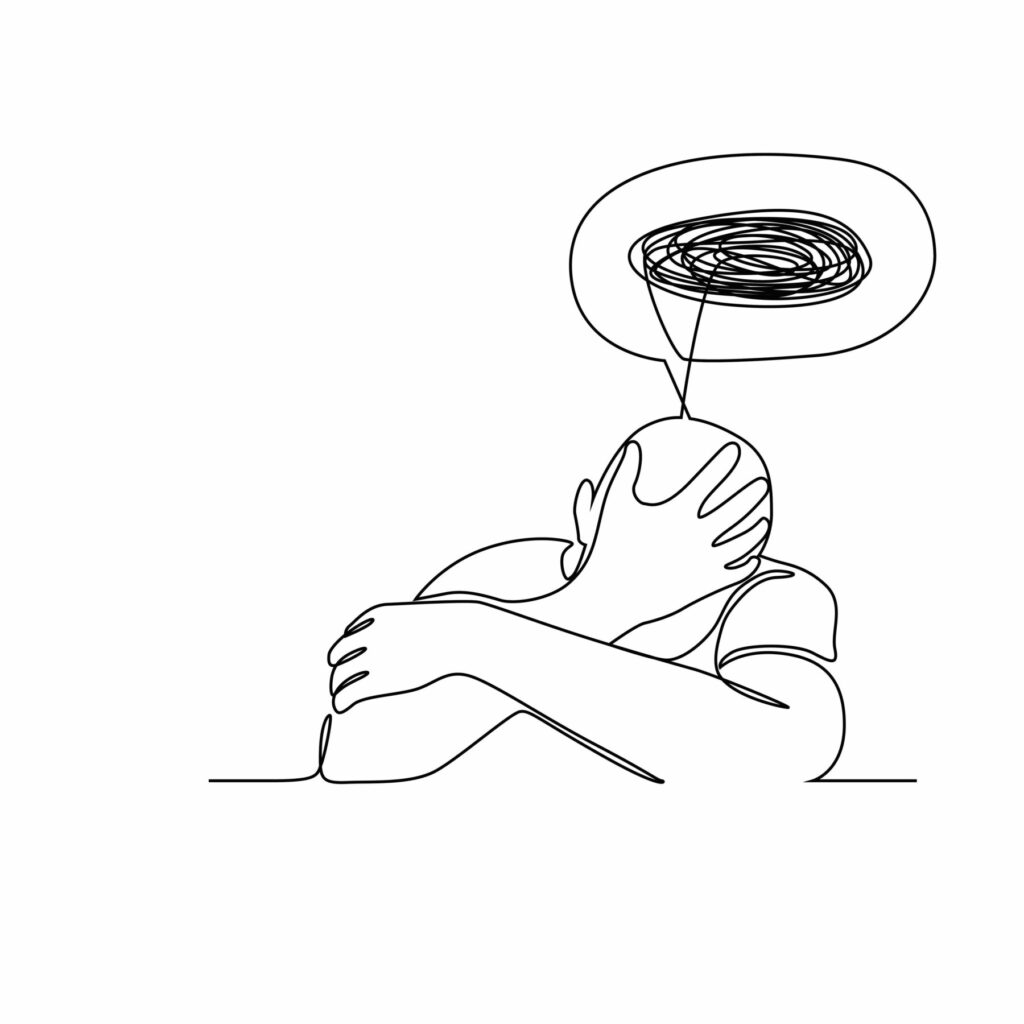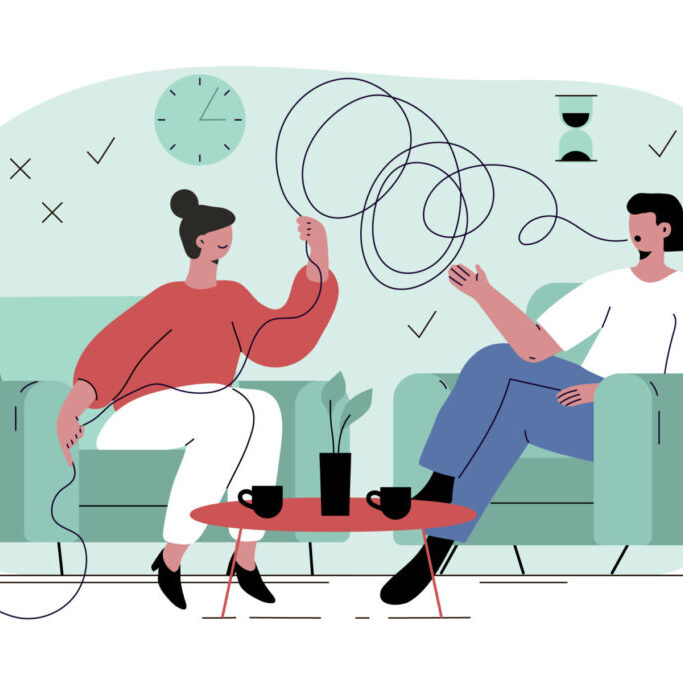Rewire Your Anxious Brain

Do you ever notice that you are more anxious than your friends? Wonder why that’s so? Anxiety impacts how we feel, but it also originates from and contributes to brain wiring! The exact causes of anxiety are not well understood, but a combination of genetic, environmental, and psychological factors are thought to play a role. Anxiety triggers can include work or school pressures, relationship difficulties, and health problems. Anxiety can also be a side effect of certain medications or a result of an underlying medical condition.
When you experience anxiety triggers, your brain activates the “fight or flight” response. This sympathetic nervous system response leads to increased heart rate, rapid breathing, and a feeling of being “on edge.” It’s a survival mechanism that has evolved to help protect us from danger. During the fight or flight response, the amygdala and hypothalamus-pituitary-adrenal axis trigger the release of stress hormones, such as adrenaline and cortisol; thus, further preparing the body to respond to a perceived threat.
If you experience anxiety regularly, the pathways in your brain adjust so that anxiety is the default, not the exception. You feel constantly “on edge” because your brain and body are consistently prepared for fight or flight. When this happens, anxiety disorders including, Generalized Anxiety Disorder, Social Anxiety, Phobia, Panic Disorder can occur and wreak havoc on your relationships, employment, and physical health.
The good news – your brain can be rewired to respond differently to anxiety triggers!
Neuroplasticity refers to the brain’s ability to change and adapt in response to new experiences, and it is this property of the brain that allows us to learn new skills and information. By understanding and utilizing neuroplasticity, we can actively reshape the neural pathways in our brain to improve our mental health and well-being.
Consider these specific techniques and strategies for harnessing neuroplasticity to reduce the brain’s response to anxiety triggers and improve your overall mental health:
- Identify and label anxious thoughts. By becoming aware of our anxious thoughts, we can begin to challenge and change them.
- Challenging anxious thoughts. This involves looking at the evidence for and against our anxious thoughts and considering alternative, more balanced perspectives.
- Separating facts from stories. It is common for anxiety to be based on unhelpful or unrealistic interpretations of events. By separating facts from stories, we can reduce the power of these anxious thoughts.
- Use mantras or positive affirmations. Repeating positive phrases to ourselves can help to reframe negative thoughts and reduce anxiety.
- Practicing diaphragmatic breathing. Deep, slow breathing can help to calm the body and mind, reducing the physical symptoms of anxiety.
- Exercise. Exercise can help to regulate stress hormones, improve mood, and promote relaxation. It can also be a helpful way to manage stress and improve sleep.
- Allow for some discomfort. This may seem counterintuitive, but it is often when we try to resist uncomfortable feelings that they persist. By learning to tolerate and sit with discomfort, we may find that it begins to dissipate on its own, much like a wave in the ocean. It is important to remember that intense experiences, including discomfort, often have a beginning, middle, and end and will not last forever, even though it may feel like it at the time. As you learn to shift your response to your physical sensations and thoughts, it can also help to reduce your anxiety.
- Get support. It can be helpful to talk to someone you trust, such as a friend, a loved one, or a therapist for anxiety. Sharing your anxiety with someone you trust can help you feel less alone and may provide you with a different perspective on your situation. Support from others can also help you feel more empowered to use skills to cope with anxiety.
By incorporating these techniques into your daily routine, you can begin to reshape the neural pathways in our brain and reduce the neural response to anxiety triggers. With that said, you don’t have to go it alone. Our team of anxiety therapists are trained to help you better understand your anxiety, learn skills to overcome anxious thoughts and feelings, and resolve the underlying causes for anxiety. Therapy for anxiety can be a powerful tool to rewire your brain. Schedule an appointment with one of our therapists today!
This blog is made for informational and educational purposes only. It is not medical advice.
The information in this blog is not intended to (1) replace a one-on-one relationship with a qualified licensed health care provider, (2) create or establish a provider-patient relationship, or (3) create a duty for us to follow up with you.



